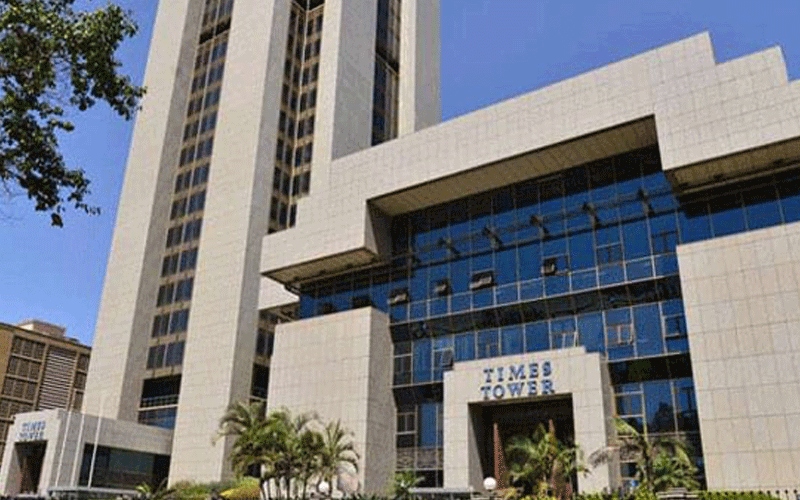The High Court’s move to halt the minimum tax whose first installment was due today, following a petition has lifted a heavy burden off millions of business owners.
The petition by the Kitengela Bar Owners Association yesterday enabled the court to issue conservatory orders blocking the Kenya Revenue Authority (KRA) from effecting the tax, pending determination of the case.
This ruling echoes calls from economists and tax experts who had requested the government to stay implementation of the new levy.
In a June report to the Finance and National Planning Committee of Parliament, the National Treasury said it hoped to raise at least Sh21 billion from the introduction of a minimum tax.
While KRA has defended the proposed levy, saying it will promote equity and inclusivity in tax administration, financial experts and economists have warned that the new move will hurt the economy.
Experts have urged the government to consider alternative sources of revenue and do away with the minimum tax approach.
Their point was that on the back of an economy that is hurting from the impact of Covid-19 knocks, collecting a minimum tax is akin to asking companies to pay taxes on revenue, as opposed to income.
With the lockdown, curfew, job losses and closure of businesses, the government knew that companies will make losses, therefore, asking such entities to pay taxes based on revenues is definitely counterproductive.
Further, the introduction of a tax based on turnover would impact the financial muscles of companies, negatively creating huge cash flow constraints amid a pandemic.
More importantly, the move will not spare most new businesses since many start-ups do not make profit in the first few years of operation.
Hence it would be unwise to tax them in the first place since most of them would die a natural death or simply pass the cost to consumers by increasing prices.
Needless to say, the new tax will prolong the break-even period for many new companies and may also make locally-manufactured goods uncompetitive.
Consequently, the knock-on effect of such a tax will make Kenya’s economy bad for business.
Yesterday’s court move may be an opportunity for retrospection by Treasury on its bid to widen the tax bracket and its impact on the economy.

















